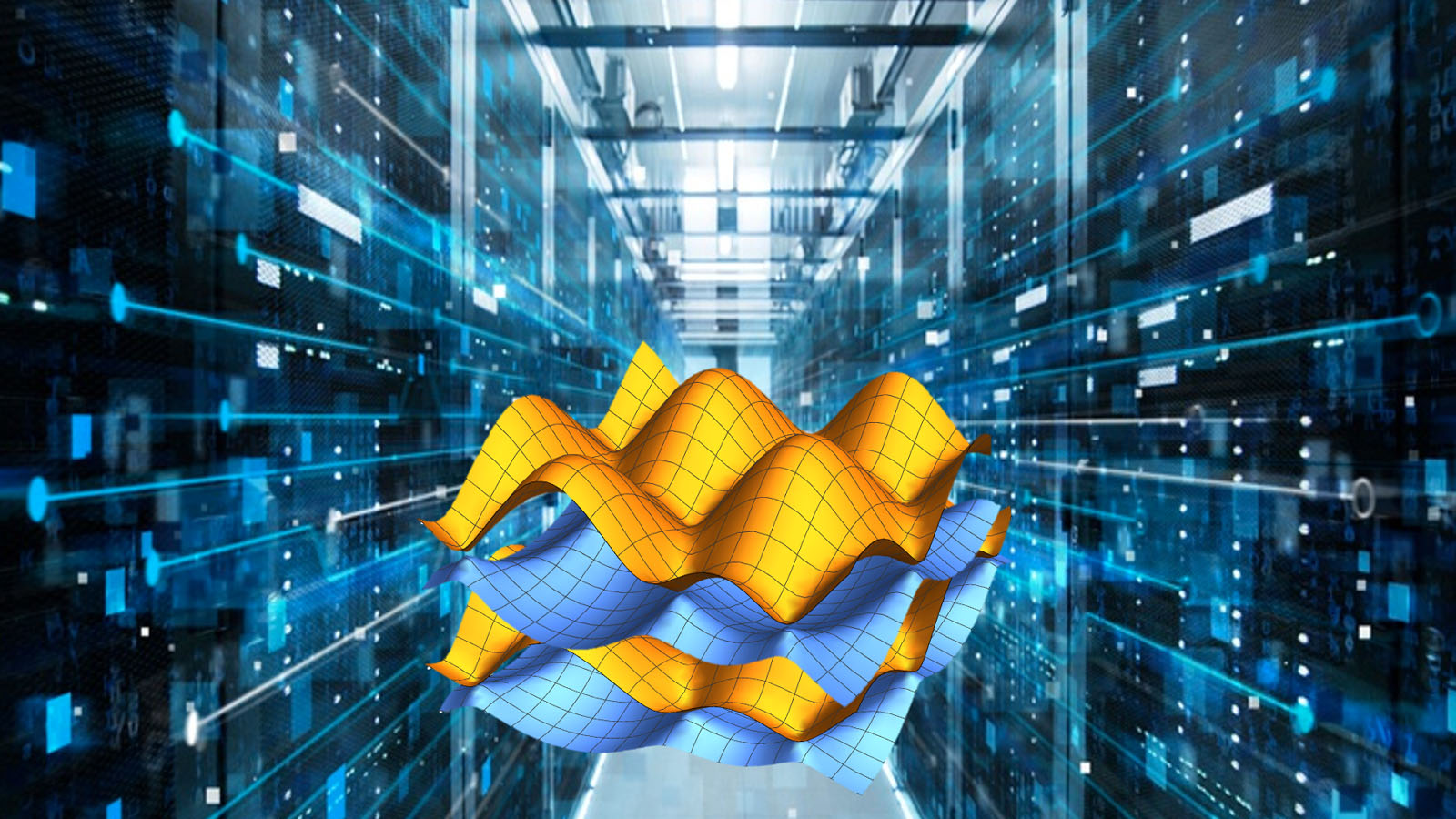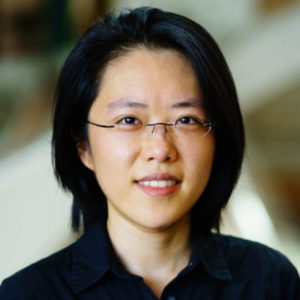


The Dong Lab studies complex, dynamic systems where both quantum mechanics and statistical mechanics are essential. They use a mix of physics-based and data-driven computational methods on classical and quantum computers to understand processes at multiple scales, from electronic structures to large-scale properties. Their research focuses on designing molecules and materials for renewable energy, biomedicine, and other critical areas. The lab combines quantum mechanics, machine learning, and applied math to study chemical systems like catalysis and light-matter interactions, often developing new methods when existing ones fall short. Current topics include biocatalysis, quantum phenomena in biology, and materials design for energy and medicine.
A particular project in the Dong Theoretical and Computational Chemistry Lab focuses on developing quantum algorithms to enable simulations of macromolecules, aiming to advance solar energy harvesting and conversion. Dong Lab researchers, currently use traditional computers for these simulations, but Dong believes quantum computing will greatly accelerate progress. This recently funded project explores how quantum computing can be applied to clean energy innovation by mimicking natural processes like photosynthesis, offering new avenues for renewable energy development.
